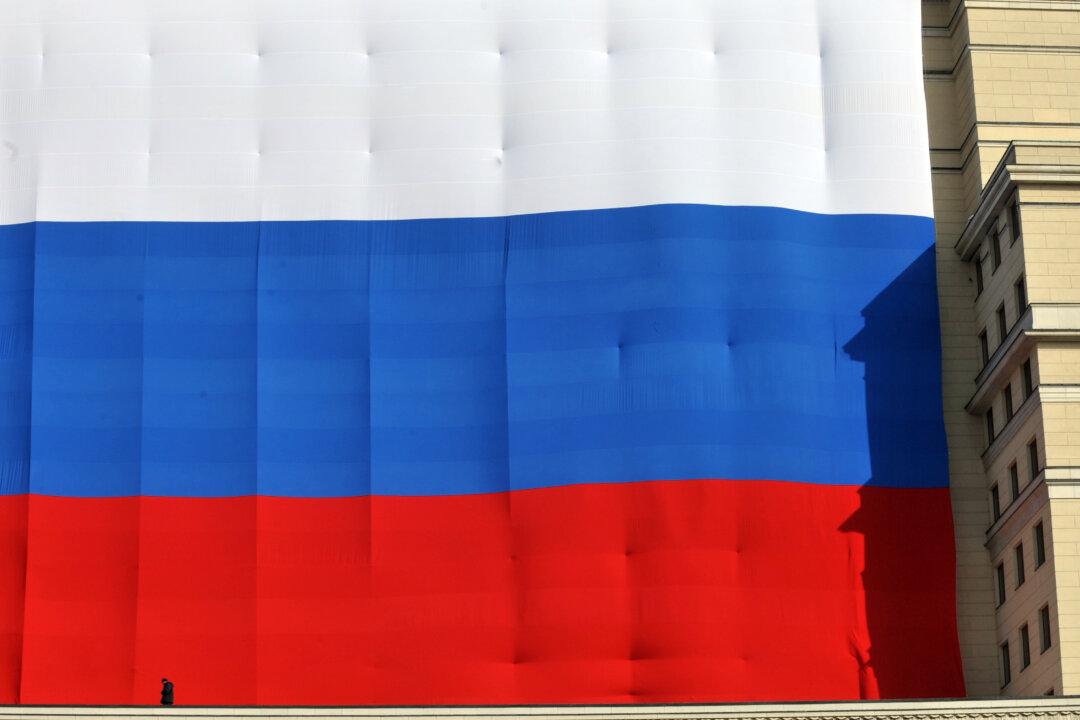BANGKOK—The military-led government of Burma (also known as Myanmar), working with Russia’s state atomic energy company, has inaugurated a nuclear power information center as a step toward developing atomic power to fill energy shortages in the strife-torn Southeast Asian nation.
Burma’s state media reported Tuesday that the head of the military government, Senior Gen. Min Aung Hlaing, met with Alexey Evgenievich Likhachev, director general of the Russian State Atomic Energy Corp., or Rosatom.





